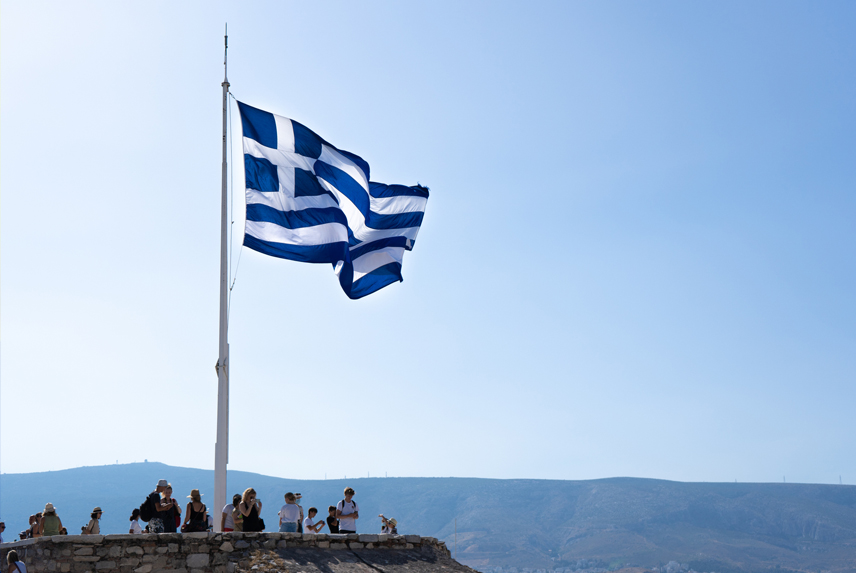
Posted On : Dec 15 2020
Revolutionary Organization 17 November (17N)
The Revolutionary Organization 17 November, often referred to as 17N, is a notorious Greek terrorist organization that operated for nearly three decades, from 1975 to 2002.

Known for its deadly attacks against Greek and foreign officials, security personnel, and businessmen, 17N posed a significant challenge to law enforcement and security forces in Greece. In this article, we will delve into the origins, ideology, actions, and eventual dismantlement of this clandestine organization.
17N emerged during the mid-1970s in Greece, a period marked by political instability and social unrest. The group's name, 17 November, was a reference to the date of a student uprising in 1973 against the military junta that ruled Greece at the time. The organization identified itself as Marxist-Leninist and aimed to establish a communist state in Greece through armed struggle.
17N was responsible for a series of high-profile assassinations, bombings, and armed robberies. The group primarily targeted Greek politicians, police officers, businessmen, and foreign diplomats. Its victims included the CIA station chief in Athens, British and Turkish diplomats, and prominent Greek industrialists. The organization's tactics included remote-controlled bombings, assassinations using firearms, and escape on motorbikes.
For nearly three decades, 17N managed to evade capture and maintain its secrecy. Despite numerous investigations and intelligence efforts, the group's members remained unidentified, allowing them to continue their campaign of violence.
The breakthrough in the case came in 2002 when Greek authorities arrested several key members of 17N, leading to the dismantlement of the organization. The arrests were the result of improved intelligence gathering and cooperation with foreign intelligence agencies. The arrested members faced trials, and many were convicted of their involvement in the group's activities.
17N left a lasting legacy in Greece. Its violent actions had a chilling effect on the country's political landscape and security environment. The organization's attacks also prompted increased security measures and cooperation with international intelligence agencies.
The dismantlement of 17N marked a significant success for Greek counterterrorism efforts. It demonstrated the government's commitment to addressing domestic terrorism and enhancing its security capabilities.
While 17N no longer poses a direct threat, Greece, like many countries, continues to face challenges from domestic and international extremist groups. These challenges underscore the importance of maintaining vigilant and robust security measures.
The Revolutionary Organization 17 November (17N) was a Greek terrorist organization that operated for nearly three decades, carrying out a campaign of violence against a range of targets, including Greek and foreign officials. The group's elusive nature and ability to evade capture for many years made it a formidable challenge for Greek authorities. However, through improved intelligence and international cooperation, the organization was eventually dismantled, leading to the arrest and conviction of its members. 17N's legacy serves as a reminder of the persistent threat of domestic terrorism and the importance of strong counterterrorism efforts to safeguard the security and stability of nations.
No Comments Added




















